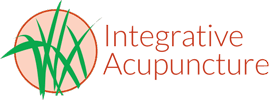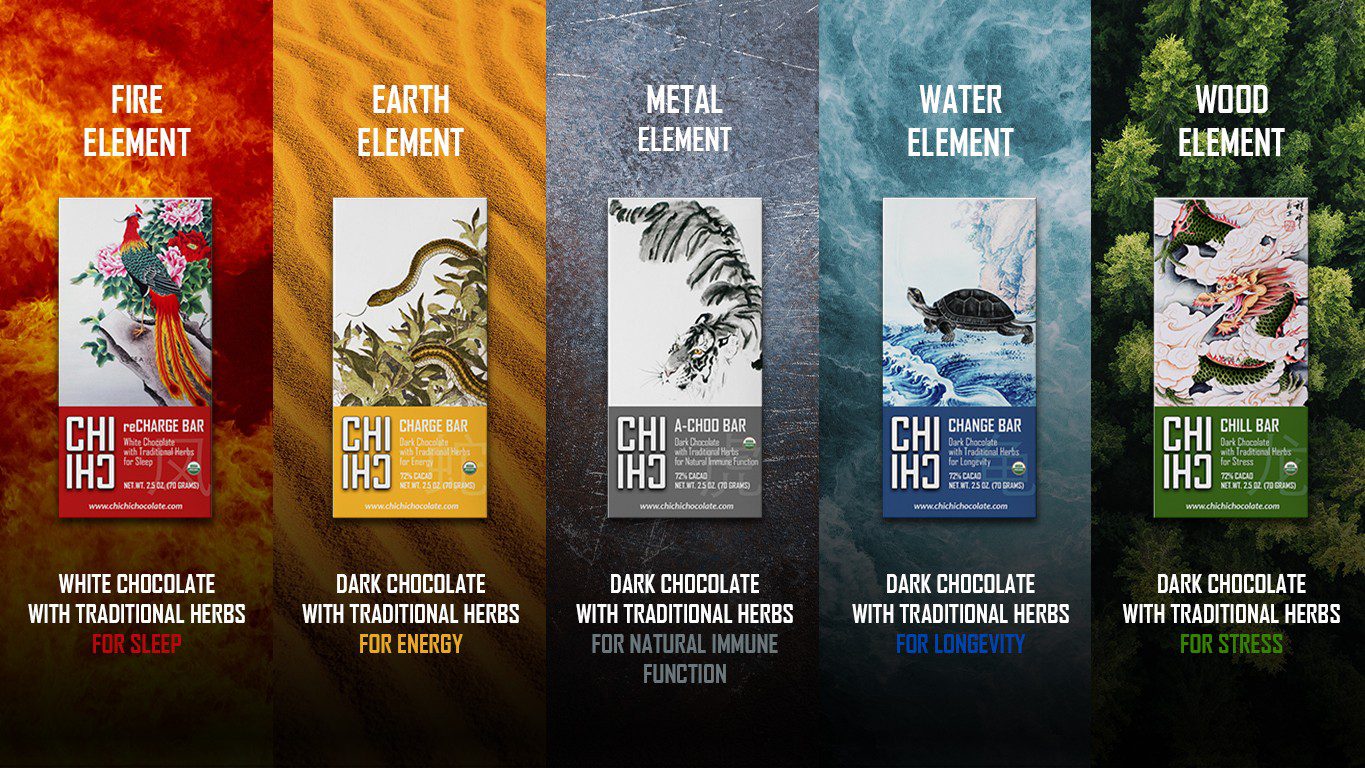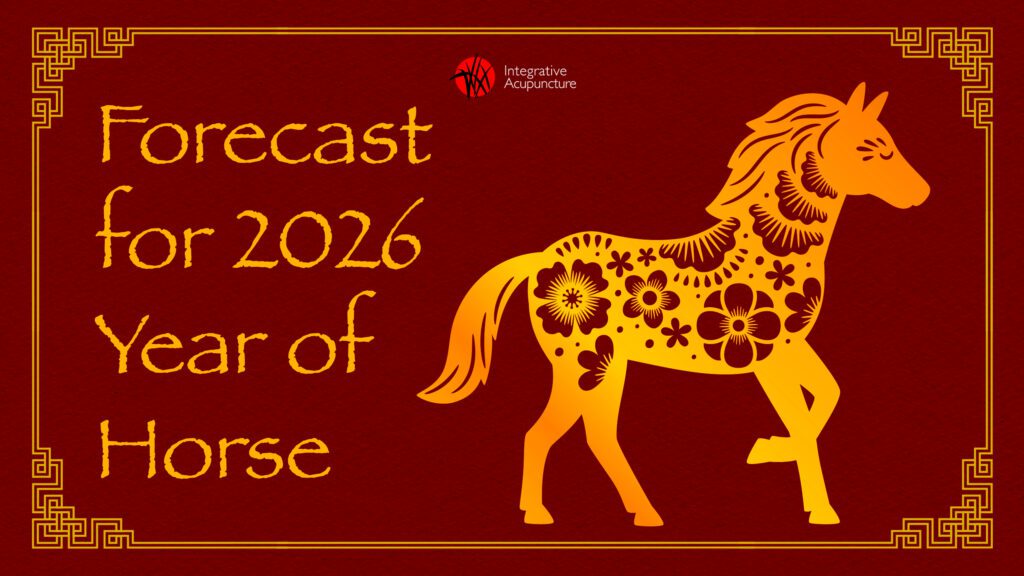When most people think of Traditional Chinese Medicine (TCM), acupuncture often comes to mind first. But another cornerstone of TCM is Chinese herbal medicine — a practice that has been used for thousands of years to restore balance, support healing, and strengthen the body. At Integrative Acupuncture, we often recommend herbal formulas as part of a patient’s treatment plan, either alongside acupuncture or on their own.
In this post, we’ll explore how herbal medicine works, when and why we recommend it, and what the research says about its effectiveness.
What Is Herbal Medicine in TCM?
In TCM, health is understood as a dynamic balance of Yin and Yang, the body’s vital energy (Qi), and the harmony of the organ systems. When an imbalance occurs, symptoms or illness may appear. Herbal medicine uses carefully crafted formulas — combinations of herbs, roots, flowers, and minerals—to help guide the body back to balance.
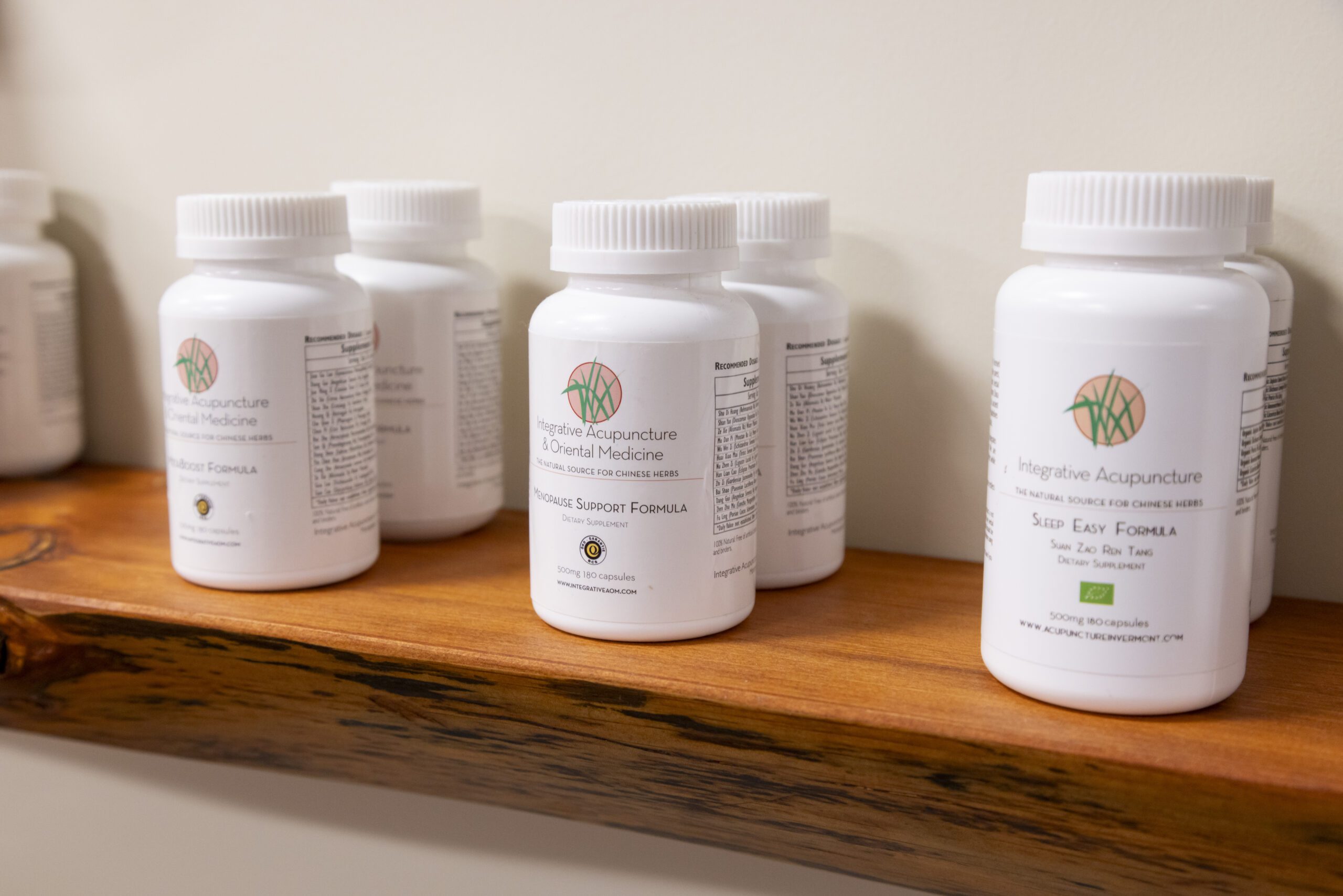
Unlike Western medicine, which often focuses on single active ingredients, Chinese herbal medicine relies on synergy: multiple herbs working together to amplify therapeutic effects and reduce side effects. A classic formula might contain four categories of herbs:
- Chief herb – the primary therapeutic focus.
- Deputy herbs – support and enhance the chief’s action.
- Assistant herbs – balance or mitigate unwanted effects.
- Envoy herbs – guide the formula to specific organs or channels.
This structured approach makes formulas adaptable and safe when prescribed by a licensed practitioner.
When We Recommend Herbal Medicine
We may suggest herbal medicine in many situations, including:

Chronic Conditions
Herbs are often beneficial for ongoing issues like digestive concerns, insomnia, or allergies. They can help regulate underlying imbalances, rather than just managing surface symptoms.
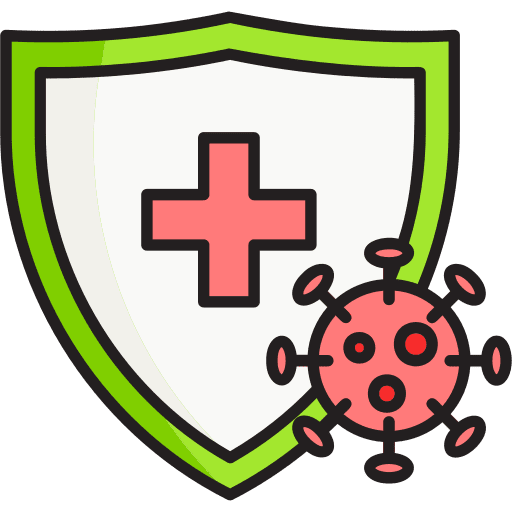
Acute Illness or Recovery
Herbal formulas can support the immune system during a cold or flu, and may also help with recovery after illness or surgery by strengthening the body’s Qi.

Women’s Health
Herbal medicine has a long history of use in supporting menstrual health, fertility, and easing menopausal transitions.

Stress and Mental Health
Many formulas calm the nervous system, nourish the Heart and Liver in TCM terms, and help reduce anxiety, irritability, or fatigue.

Prevention and Wellness
Just like acupuncture, herbal medicine is not only about treating illness—it’s also about maintaining balance. Seasonal formulas, for example, may help the body adapt to environmental changes.
Why We Recommend It Alongside Acupuncture

Acupuncture and herbal medicine are often called the “two wings of a bird” in TCM—together, they create a more complete system of healing. While acupuncture works by regulating energy flow and nervous system function in real time, herbal medicine provides continuous support between visits. This makes herbs especially helpful for conditions that require daily care.
You might think of it like this: acupuncture is the “reset button,” while herbs are the “maintenance program” that keeps your progress steady.
Safety and Modern Research
Understandably, many patients want to know how herbal medicine fits into modern health care.
When prescribed by a licensed practitioner, Chinese herbal formulas are generally safe. At Integrative Acupuncture, we only source herbs from trusted suppliers who follow strict quality standards. It’s important to note that self-prescribing herbal remedies from the internet or health stores is not recommended—formulas are highly individualized, and what works for one person may not be appropriate for another.
Research into herbal medicine is growing. For example:
- A 2020 review in the Journal of Alternative and Complementary Medicine found that Chinese herbal formulas showed promise in reducing symptoms of irritable bowel syndrome (IBS).
- The National Center for Complementary and Integrative Health (NCCIH) notes that herbs such as ginger and licorice root, both common in TCM formulas, have documented benefits for digestive and inflammatory conditions (NCCIH).
These studies suggest that herbal medicine can complement conventional care, particularly for chronic conditions where Western medicine may have limited options.
What to Expect from an Herbal Consultation

If we recommend herbal medicine, your practitioner will:
- Review your full health history and current symptoms.
- Assess your body’s patterns according to TCM diagnosis.
- Create or select a formula tailored to your needs.
- Adjust your formula over time as your condition changes.
Formulas may come as teas, granules, capsules, or tinctures. Most patients notice gradual improvements over days or weeks, though some experience faster relief.
A Holistic Path to Healing
Herbal medicine in TCM isn’t just about treating illness—it’s about supporting the body’s natural resilience. By recommending herbs, we aim to help patients achieve long-term wellness, not just short-term symptom relief.
If you’re curious about how herbal medicine might support your health, we invite you to explore a consultation at Integrative Acupuncture. Herbs, when used thoughtfully and safely, can be a powerful ally in your healing journey.
